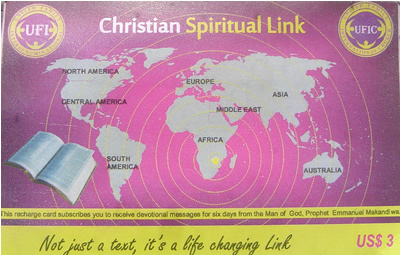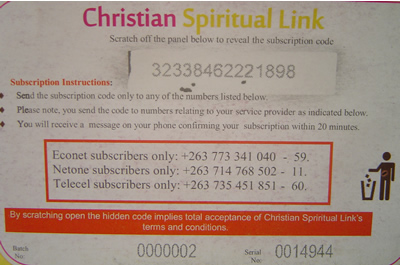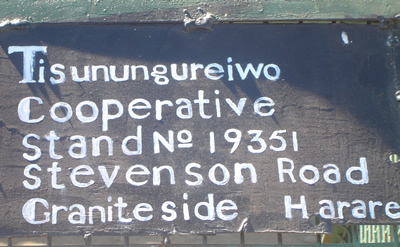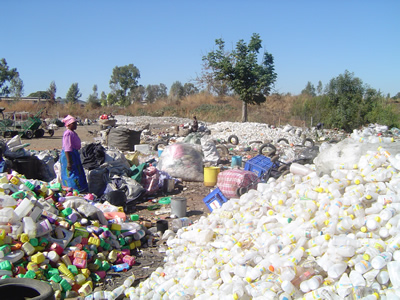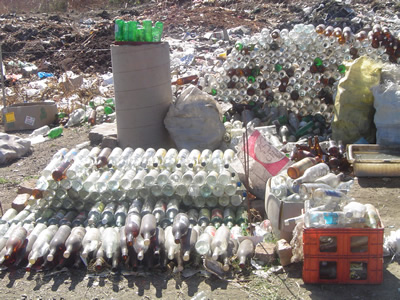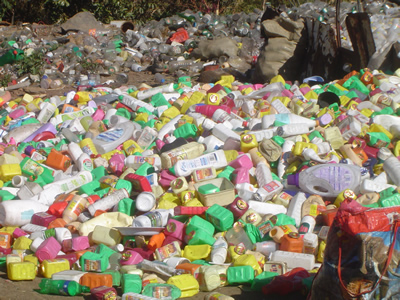Makandiwa’s spiritual link
Friday, August 5th, 2011 by Lenard KamwendoMuch noise has been made about Pastor Makandiwa’s latest innovative idea of getting linked to his followers. Pastor Emmanuel Makandiwa founder of United Families International (UFI) ministries popularly known as the “The Man of God” by his followers recently launched an airtime recharge card called Christian Spiritual Link. With this recharge card one can communicate directly to the prophet by calling him to get over-the-phone prophecies and spiritual messages. The airtime card can be found in denominations of $3 and $6. Having the gift of delivering people from the bondage of Satan, Pastor Emmanuel Makandiwa now commands a huge following to the extent that he can fill the 60 000 seater National Sports Stadium for a single service. With such a huge following almost everyone would be willing to have personal contact with the Pastor. Thumbs up to the genius minds behind the idea.
While this is an innovative business venture it also comes with its own irregularities. With its special functions accessing any cellphone network in the country the Spiritual Link recharge card has drawn attention from the Post and Telecommunications Regulatory Authority of Zimbabwe (POTRAZ) leading to an investigation over the legality of this recharge card. On the back of the card, the leading three cellphone service companies can offer recharge platform numbers arousing speculation that maybe this was a partnership deal with these companies. POTRAZ’s investigations to establish whether there was contravention of the Telecommunications Act comes at a time when some papers have suggested that Pastor Makandiwa has fled the country. Its now up to the authorities to determine whether there was any breach of the law but I believe the Spiritual Link is really going to propel Pastor Makandiwa to the prosperity that he preaches in his sermons.



